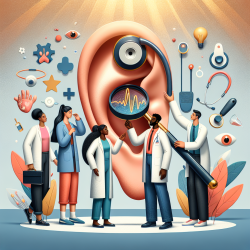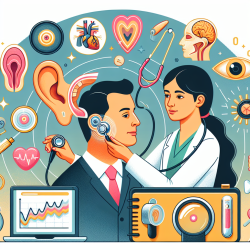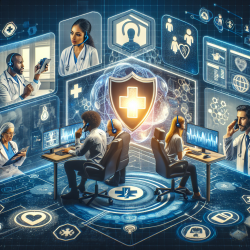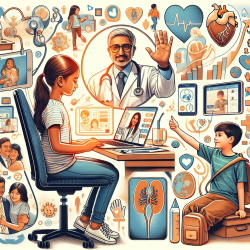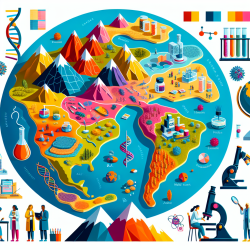Here are some key takeaways from the study and actionable steps you can take to improve your IPC skills:
Understanding the Benefits of IPC
The study found that a staggering 95.9% of respondents believe IPC is in the public interest, while 91.8% agree that it improves the quality of care. Moreover, 87.1% noted that IPC increases access to health services. These statistics underscore the value of IPC in creating a more effective and efficient healthcare system.
Facilitators and Barriers
According to the research, several factors facilitate IPC:
- Positive personalities
- Openness to IPC
- Trust and respect for others' perspectives
- Collaborative problem-solving
- Formal team meetings
However, the study also identified barriers that impede IPC:
- Regulatory guidelines and piecemeal policies
- Limited physician involvement
- Heavy workloads
- Turf issues
- Lack of understanding of other health professionals' roles and expertise
Actionable Steps for Practitioners
To overcome these barriers and enhance IPC, consider implementing the following strategies:
- Education and Training: Invest in interprofessional education (IPE) programs to better understand the roles and expertise of other healthcare professionals.
- Effective Communication: Foster open lines of communication through regular team meetings and collaborative problem-solving sessions.
- Build Trust and Respect: Cultivate a work environment that values trust and mutual respect among team members.
- Policy Advocacy: Advocate for regulatory and administrative policies that support IPC and reduce bureaucratic barriers.
Conclusion
Interprofessional collaboration is essential for optimizing patient care and professional satisfaction. By understanding the facilitators and barriers to IPC, and taking actionable steps to enhance collaboration, practitioners can significantly improve healthcare outcomes.
To read the original research paper, please follow this link: Perspectives of Speech-Language Pathologists and Audiologists on Interprofessional Collaboration / Points de vue dorthophonistes et daudiologistes sur la collaboration interprofessionnelle.
